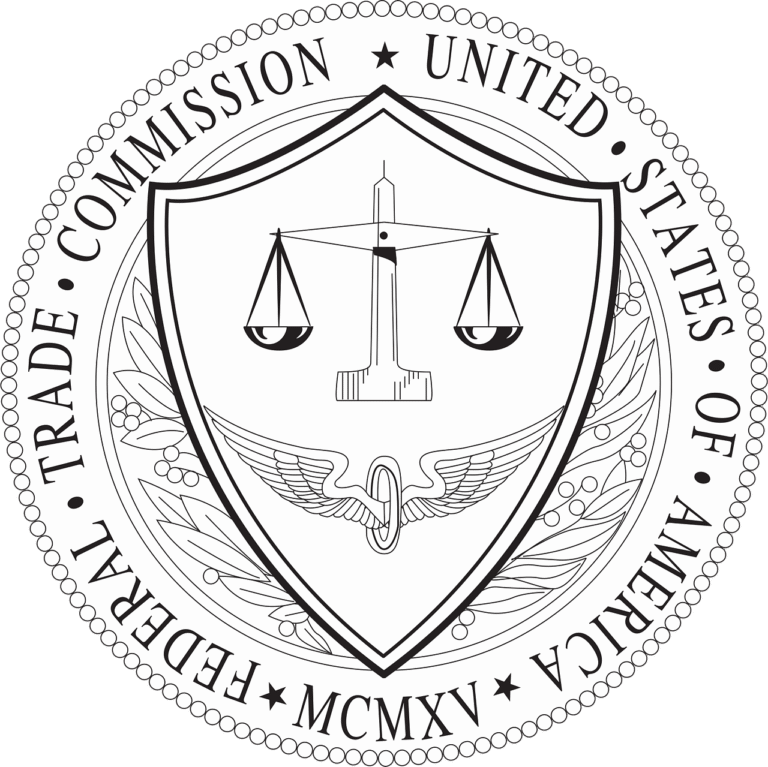
The Federal Trade Commission (FTC) has filed a complaint against Seek Capital and its founder and CEO, Roy Ferman, accusing the company of defrauding small business owners out of more than $37 million. According to the FTC, Seek Capital operated a deceptive business financing scheme that misled entrepreneurs who were seeking loans or lines of credit to grow or start their businesses.
The complaint, filed recently by the FTC, claims that Seek Capital targeted aspiring small business owners with promises of easy access to business loans and lines of credit. Instead, the company charged clients thousands of dollars simply to open credit cards in their names—often without their knowledge or consent.
“Starting or growing a small business is challenging enough without scammers making it harder,” said Samuel Levine, Director of the FTC’s Bureau of Consumer Protection. “The FTC is committed to protecting consumers, including small business owners, from those who break the law and deceive them with false promises.”

Misleading Ads and High-Pressure Tactics
Seek Capital’s marketing campaign touted itself as “the market leader in business loans” and promised access to the “Best Startup Business Loans of 2024.” Ads claimed that business owners could quickly secure tens of thousands of dollars in funding with pre-approval in minutes. However, the FTC alleges that once business owners signed contracts, Seek did not provide loans or lines of credit as promised. Instead, the company applied for personal credit cards in the business owners’ names, often without their knowledge or approval.
The complaint details how Seek’s telemarketers used aggressive sales tactics, bombarding potential clients with incessant calls, pressuring them to sign up for services that ultimately left them with personal credit card debt instead of business funding. Once business owners signed up, they were charged up to 10% of the total credit limits on cards they never authorized.
Many clients discovered the fraudulent activity only after their credit scores dropped or when they received invoices for credit cards they didn’t apply for. In some cases, the credit cards were ones the business owners could have applied for themselves, but Seek had charged them steep fees for what amounted to no real financial assistance.
Exploiting Vulnerable Entrepreneurs
The impact on small business owners has been significant. One victim told the FTC, “Because of Seek’s deceiving practices, I almost went out of business… My credit has still not recovered even though it has been almost a year. Seek did not provide the service that it promised.”
The complaint also reveals how Seek attempted to manipulate its public image by pressuring clients to post glowing five-star reviews before they had even received any funding. The company allegedly deleted negative reviews, encouraged employees to post fake positive feedback, and included clauses in contracts that prohibited customers from leaving negative reviews.
Seek’s fraudulent activities not only left business owners with mounting debts but also harmed their credit scores, potentially hindering their ability to access legitimate financing in the future.
A Wake-Up Call for Aspiring Entrepreneurs
The FTC’s action against Seek Capital serves as a cautionary tale for small business owners seeking financial help. With more entrepreneurs turning to online platforms for funding, the FTC is urging consumers to remain cautious and conduct thorough research before entering into any agreements with financial service providers.
As the FTC continues its efforts to protect consumers, it has made it clear that deceptive practices targeting vulnerable business owners will not be tolerated.
The case is ongoing, and Seek Capital, along with its founder Roy Ferman, faces the full weight of the law for their role in deceiving and financially exploiting small business owners.



